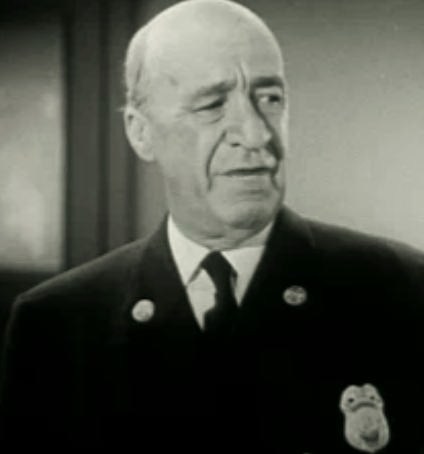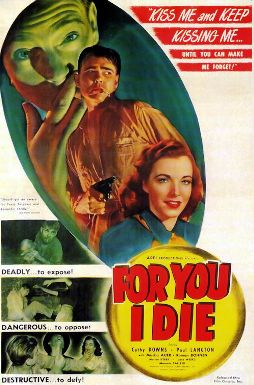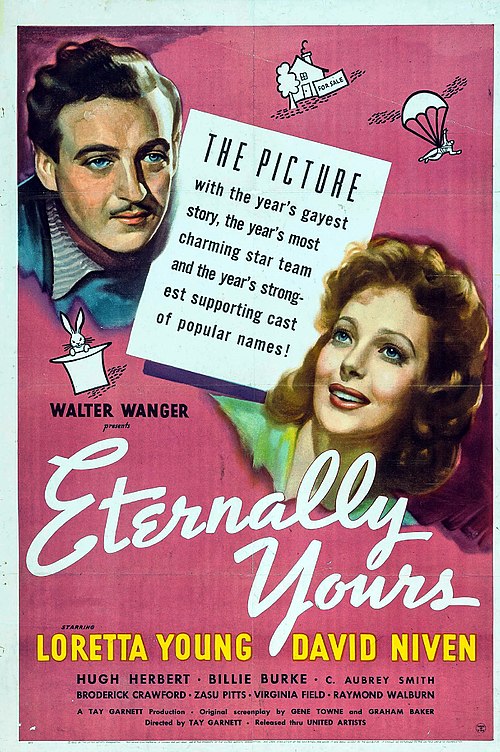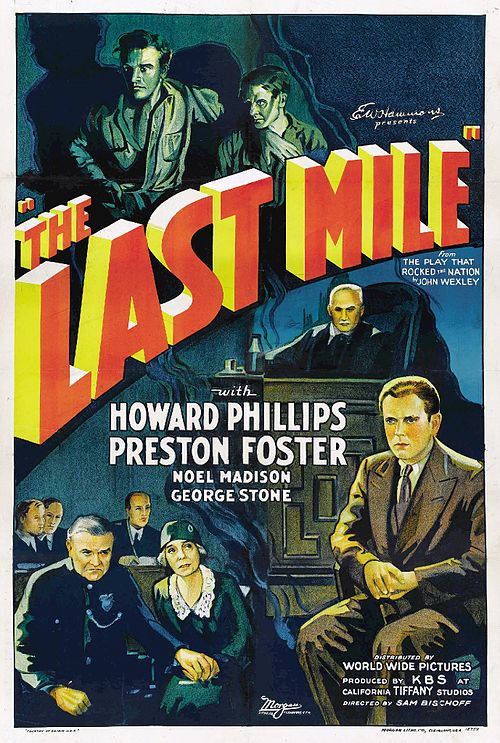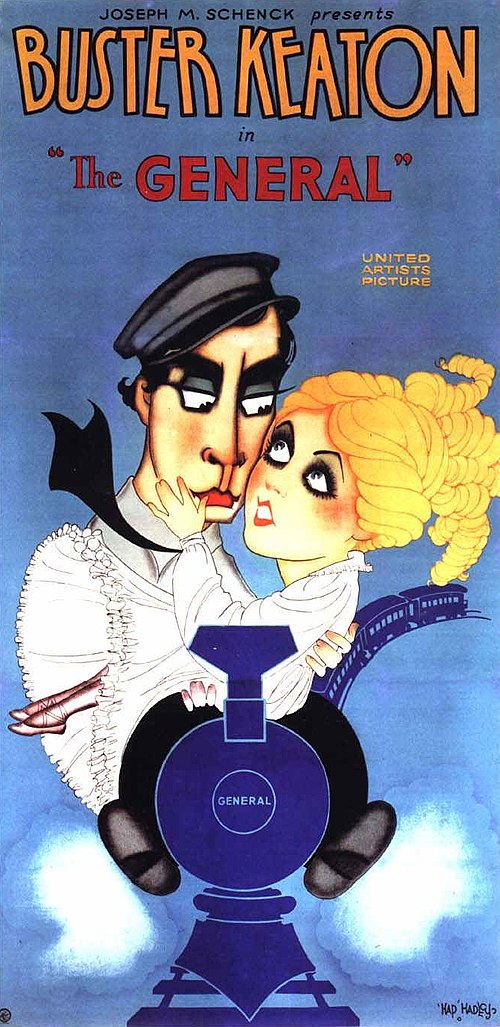Advertisement
Image source: Internet Archive (archive.org)
Download Movie [Video Format: MP4]
Movie Source: Internet Archive (archive.org)
Advertisement
Advertisement
Other Versions of this Movie
Becky Sharp (1935)
1935
Becky and Amelia are girls at school together, but they are from two diiferent worlds. Becky manages to work he way into Amelia's family. Mystic Nights Videos
Becky Sharp (1935 in film) is an American historical film drama film directed by Rouben Mamoulian and starring Miriam Hopkins. Other supporting cast were Frances Dee, Cedric Hardwicke, Billie Burke, Alison Skipworth, Nigel Bruce, and Alan Mowbray. It is based on the play of the same name by Langdon Mitchell, which in turn is based on William Makepeace Thackeray's novel Vanity Fair (novel). The screenplay was written by Francis Edward Faragoh. The film was considered a landmark in cinema as the first film to use the newly developed three-strip Technicolor production, opening the way for a growing number of color films to be made in Britain and the United States in the years leading up to World War II.
The film recounts the tale of a lower-class girl who insinuates herself into an upper-class family, only to see her life and the lives of those around her destroyed. The ruthless, self-willed and beautiful Becky is one of the most famous characters in English literature.
Color development
Becky Sharp was the first feature film to use the three-strip Technicolor process, which created a separate film register for each of the three primary colors. Earlier live action films to use the new Technicolor process include the final musical number in the feature The Cat and the Fiddle (film) released by MGM in February 1934, and in short sequences filmed for other movies made during 1934, including The House of Rothschild (20th Century Pictures/United Artists) with George Arliss and Kid Millions (Samuel Goldwyn/United Artists) with Eddie Cantor. Warner Brothers released two Leon Errol shorts, Service With a Smile (28 July 1934) and Good Morning, Eve! (22 September 1934), and RKO Pictures released the short La Cucaracha (1934 film) (31 August 1934).Becky Sharp is now in the public domain.
Miriam Hopkins was nominated for the Academy Award for Best Actress for her performance.
Plot
Becky Sharp (Miriam Hopkins), a socially ambitious England young lady manages to survive during the years following Napoleon's defeat at Battle of Waterloo. In her efforts to advance herself, she manages to link up with a number of gentlemen: the Marquis of Steyne (Cedric Hardwicke), Joseph Sedley (Nigel Bruce), Rawdon Crawley (Alan Mowbray), and George Osborne (G. P. Huntley Jr).She rises to the top of United Kingdom society and becomes the scourge of the social circle, offending the other ladies such as Lady Bareacres (Billie Burke).
Finally, Sharp falls into the humiliation of singing for her meals in a beer hall. But Becky never stays down for long.
Cast
<!-- Deleted image removed: } -->- Miriam Hopkins as Becky Sharp
- Frances Dee as Amelia Sedley
- Cedric Hardwicke as Marquis of Steyne
- Billie Burke as Lady Bareacres
- Alison Skipworth as Miss Crawley
- Nigel Bruce as Joseph Sedley
- Alan Mowbray as Rawdon Crawley
- G.P. Huntley as George Osborne
- William Stack as Pitt Crawley
- George Hassell (actor) as Sir Pitt Crawley
- William Faversham as Duke of Wellington
- Charles Richman (actor) as Gen. Tufto
- Doris Lloyd as Duchess of Richmond
- Colin Tapley as Captain William Dobbin
- Leonard Mudie as Tarquin
- Charles Coleman (actor) as Bowles
Production
John Hay Whitney and Cornelius Vanderbilt Whitney formed Pioneer Pictures specifically to produce color films, and signed a contract to release Pioneer films through RKO Radio Pictures. After producing La Cucaracha, Becky Sharp, and Dancing Pirate (1936), the Whitneys and David O. Selznick formed Selznick International Pictures. Two Selznick International films, A Star Is Born (1937 film) and Nothing Sacred (film) (both 1937), were produced by Selznick, copyrighted by Pioneer Pictures, and released through United Artists rather than RKO.Lowell Sherman, the original director, developed pneumonia and died early in the filming of Becky Sharp. His replacement, Rouben Mamoulian, scrapped all of the original footage and started over. Sherman mostly filmed several pieces of test footage, which have survived.
Preservation
For many years, the original three-color Technicolor version of the film was not available for viewing, though a 16 millimeter version was available. This version had been printed (poorly) on two-color Cinecolor stock which did not accurately reproduce the colors of the original film. The smaller film stock also resulted in a grainier, inferior image.In 1992, the UCLA Film and Television Archive restored the film, under the supervision of archivist Robert Gitt.
Awards
Wins- Academy Awards: Best Actress in a Leading Role, Miriam Hopkins; 1935.
- Venice Film Festival: Mussolini Cup, Rouben Mamoulian; 1935.
Trivia
Pat Nixon, later the wife of Richard Nixon and First Lady of the United States from 1969 to 1974, worked as a movie extra at this time, and can be seen as a walk on during the ball scene.Category:1935 films
Category:American drama films
Category:American historical films
Category:1930s drama films
Category:1930s historical films
Category:English-language films
Category:Films based on plays
Category:Films directed by Rouben Mamoulian
Category:RKO Pictures films
Category:Films set in Belgium
Category:Films set in London
Category:Belgium in fiction
Category:Films set in England
Category:Films set in the 1810s
Category:England in fiction
Category:Films based on Vanity Fair (novel)
Category:Films based on multiple works


